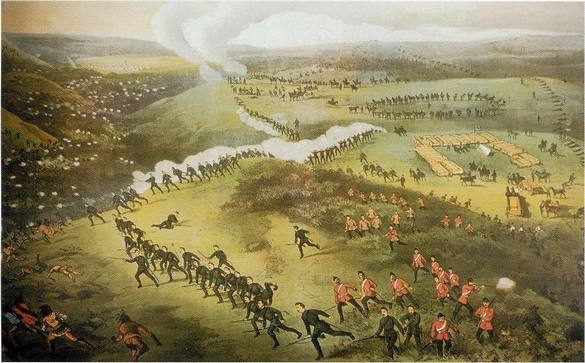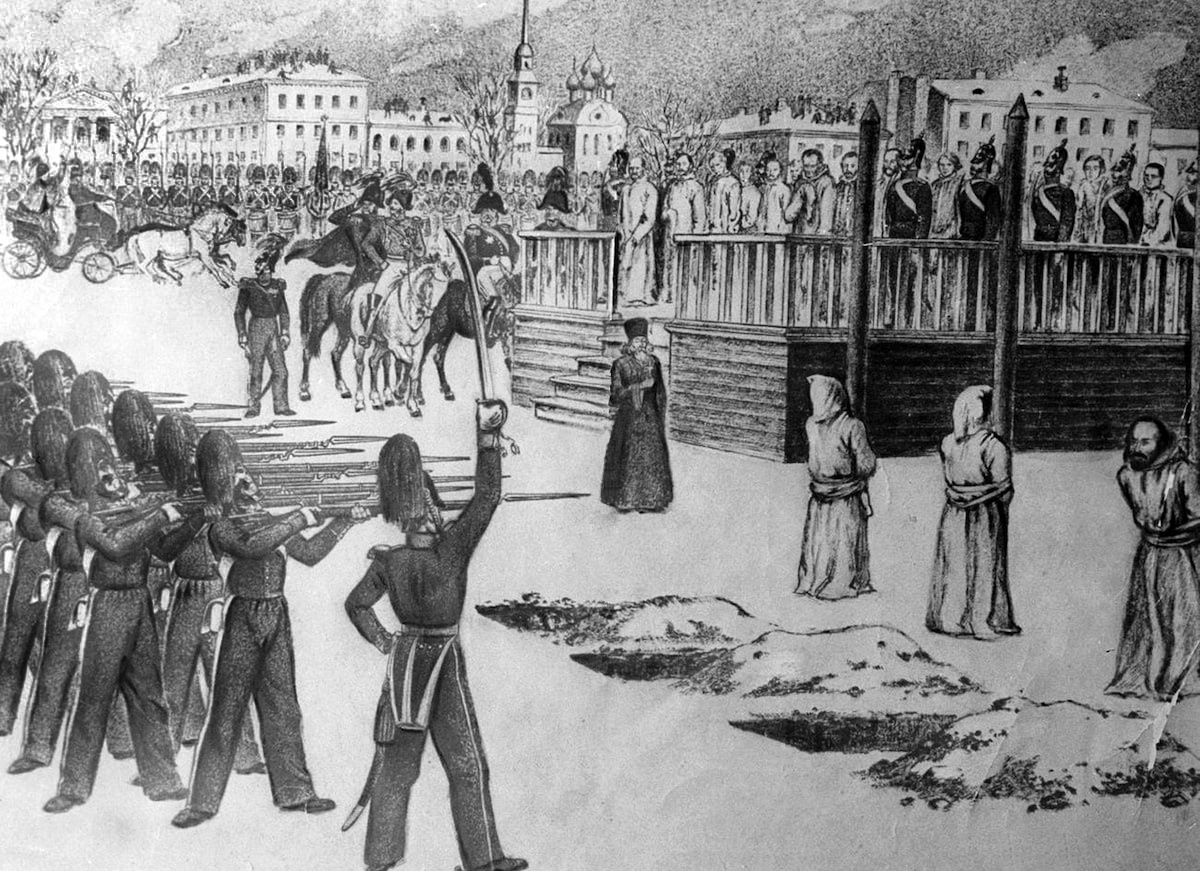
Today in Labor History November 16, 1849: Russian authorities gave a death sentence to author Fyodor Dostoevsky for anti-government activities linked to a radical intellectual group. He and his colleagues were lined up before the firing squad. At the last minute, a cart arrived with a letter from the Tsar, commuting their sentence. He still had to serve 4 years hard labor in Siberia. Dostoevsky alludes to his experience before the firing squad in his 1868-1869 novel, “The Idiot.”
1870s-1880s
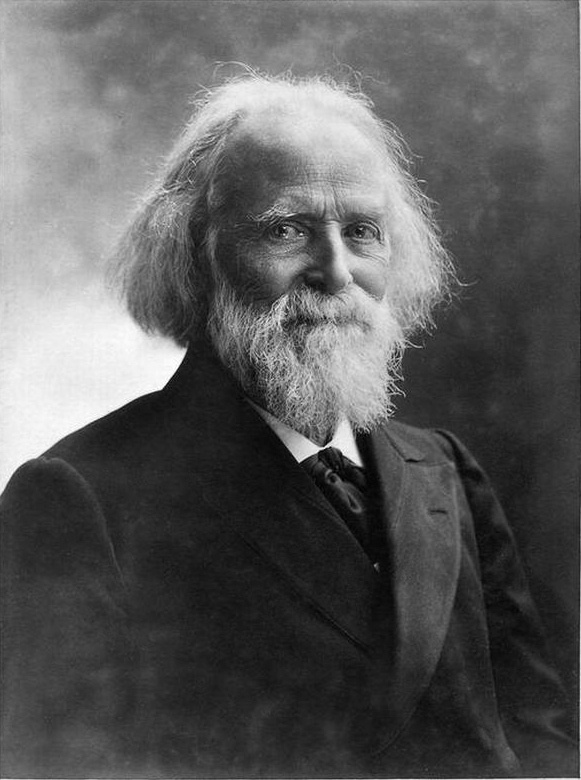
November 16, 1871: Élisée Reclus was sentenced to “transportation for life” for his role in the Paris Commune. Because of protests by influential supporters in England, the famed geographer & anarchist had his sentence commuted to lifetime banishment.
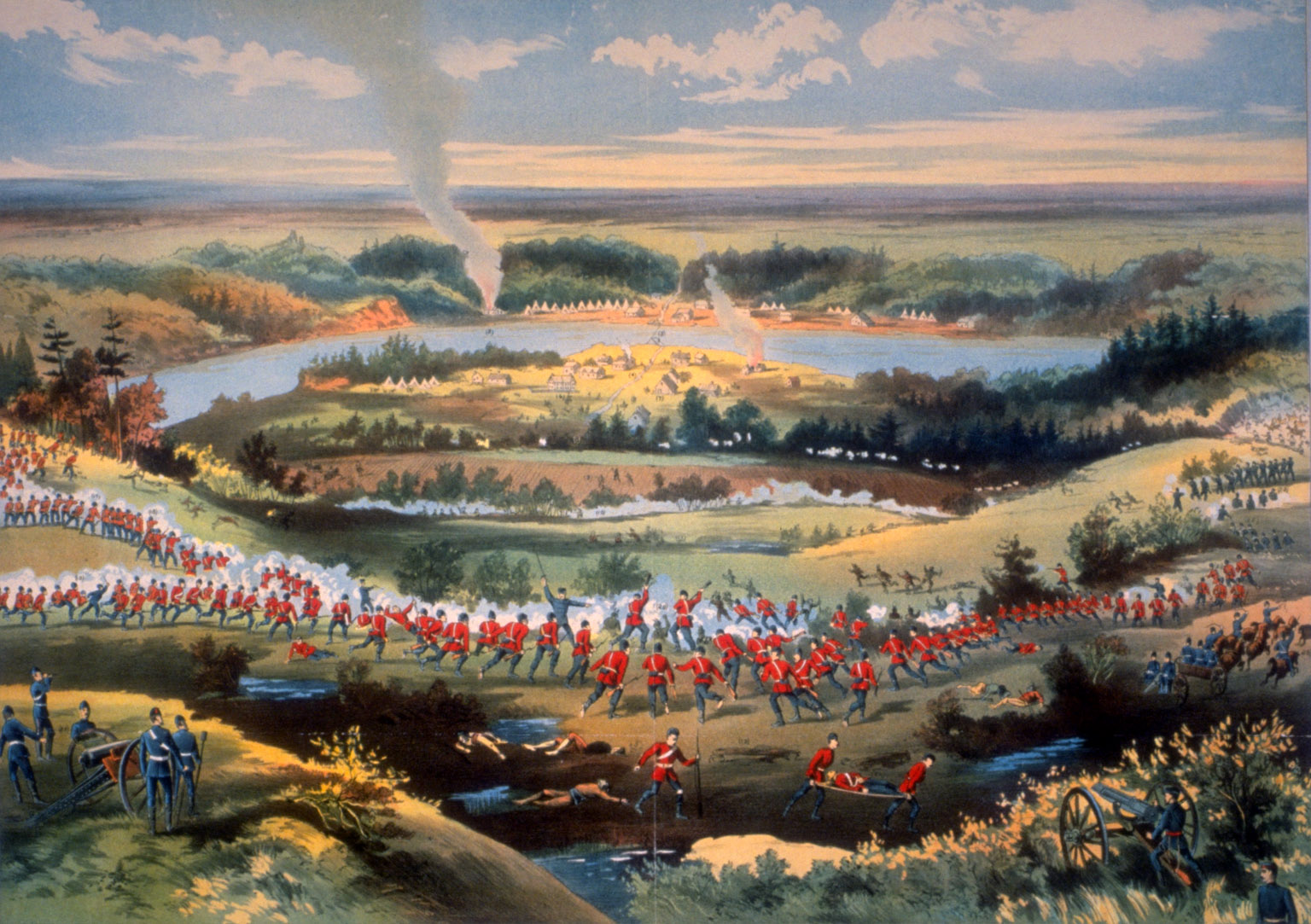
Today in Labor History November 16, 1885: Canadian authorities executed the Métis rebel leader, Louis Riel, for treason. He had led an uprising against the Canadian government for not honoring First Nation rights. His army went up against a much larger force of Canadian military and armed civilians. Roughly 91 people died in the conflict. Riel’s execution made him a hero to Francophone Canadians and was a source of tension that continues today. Prior to the rebellion, Riel had exhibited signs of mental illness . His family placed him in an asylum under an assumed name. His mental illness manifested itself in religious zealotry. This, in turn, alienated most First Nation and white allies, significantly reducing the potential strength of his army. And this probably also contributed to his defeat.
1930s

Today in Labor History November 16, 1938: LSD was first synthesized by Albert Hofmann at the Sandoz Laboratories in Basel.
1980s
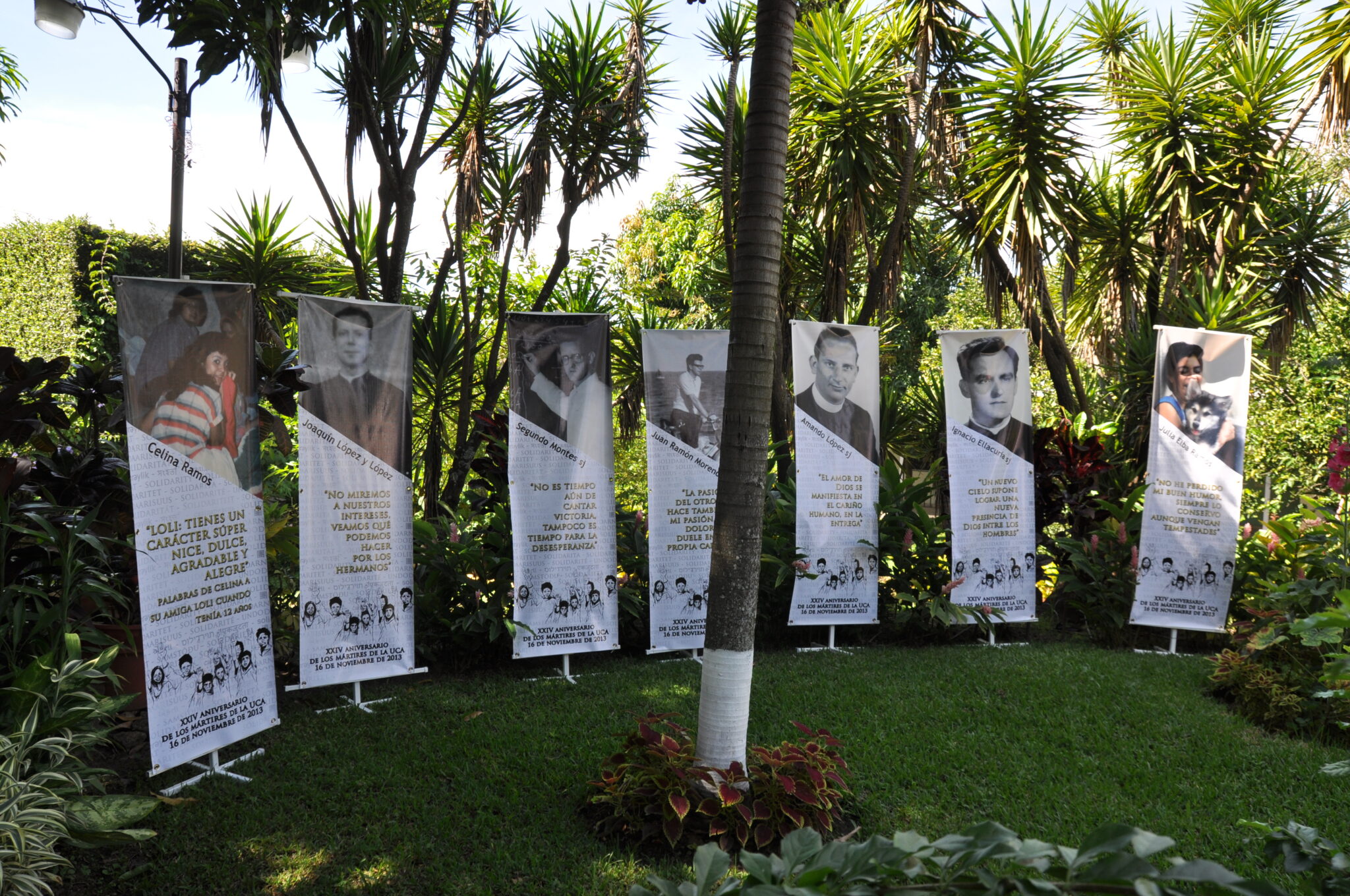
Today in Labor History November 16, 1989: Six Jesuit priests, their housekeeper and her daughter were assassinated in El Salvador. They were among thousands killed by the military and right-wing death squads for speaking out for economic and social justice. The Jesuits were advocates of a negotiated settlement between the government of El Salvador and the Farabundo Martí National Liberation Front (FMLN). The murders attracted international attention and increased international pressure for a cease-fire. It was also a turning point that led toward a negotiated settlement to the war. Nine members of the Salvadoran military were tried. Only Colonel Guillermo Benavides and Lieutenant Yusshy René Mendoza were convicted. Everyone else was absolved or found guilty on lesser charges. Benavides and Mendoza were sentenced to thirty years in prison, but were released in 1993 by a legislature dominated by anti-guerilla and pro-military politicians.
